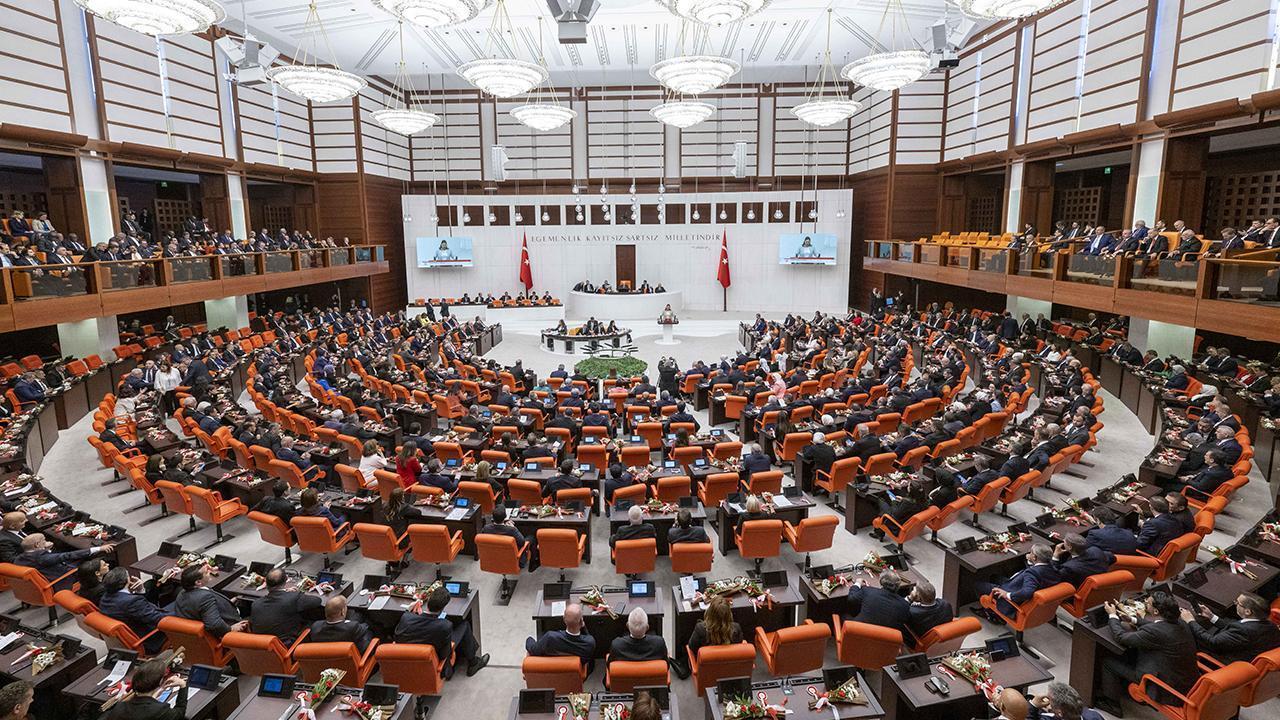Parliament votes to alter media watchdog's composition
ANKARA

The Turkish parliament has voted to re-elect two existing members of the country's media watchdog while introducing a fresh face, marking a change in its structure.
The parliamentary decision to reshape Radio and Television Supreme Council's (RTÜK) makeup came as the terms of office for three existing representatives, two from the ruling Justice and Development Party (AKP) and the other from the main opposition Republican People's Party (CHP), were set to expire.
The adjustment stems from the new parliamentary order following the May elections, which caused a reduction in AKP's quota within RTÜK from five members to four. Consequently, the additional quota was assigned to the Green Left Party (YSP).
As part of the process, the parliamentary assembly voted to replace the outgoing RTÜK members representing the AKP and CHP quotas.
AKP nominated Ebubekir Şahin for re-election, and they announced Hayri Genç as their second candidate. Meanwhile, CHP nominated İlhan Taşcı for re-election and also submitted Ali Taştan's name. The YSP presented candidates Necdet İpekyüz and Abbas Kılıçoğlu.
Şahin and Taşçı retained their positions as RTÜK members. However, the pivotal change occurred when YSP's İpekyüz secured a seat on the RTÜK board.
In addition, there is an upcoming vacancy within RTÜK. The seat of Ali Ürküt, who served in RTÜK under the quota of YSP's predecessor, the Peoples' Democratic Party (HDP), will become vacant next January due to age limitations.
The parliamentary procedure to fill this vacancy will be carried out at a later date, with the quota previously utilized by the HDP set to be transferred to the İYİ (Good) Party.
RTÜK, responsible for overseeing and regulating broadcasting in Türkiye, consists of nine members elected by the Turkish parliament. Their terms of office span six years, with one-third of the members undergoing renewal every two years. The council members themselves elect a chair and a deputy chair, each serving a two-year presidential term.
The allocation of quotas for political parties within RTÜK membership is determined using the d'Hondt system, obligating parties to nominate double the number of candidates as their member quota permits.
















